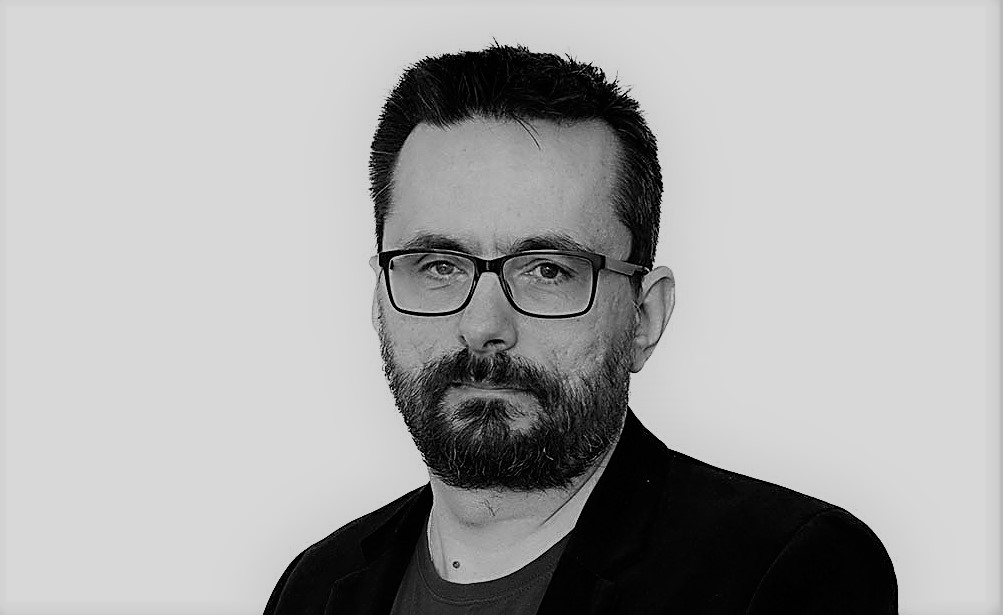By: Goran Andrijanić
Even those Polish analysts who dislike President Andrzej Duda have had to admit that his recent visit to Kyiv cannot be described other than historic.
Duda arrived in Kyiv on May 22nd, and this was his second visit since the start of the war in the country’s capital, which has been the victim of brutal aggression since late February.
This one, however, was different both in circumstances and in importance and messages. In addition to meeting with Ukrainian President Volodymyr Zelenskyy, the Polish President addressed members of the Verkhovna Rada. He was the first foreign statesman since the beginning of the war to speak in front of Ukrainian parliamentarians and was greeted there with applause.
“I am honoured to speak in this place where the heart of a free, independent, and democratic Ukraine is beating,” he said.
“Despite the great destruction, despite the horrific crimes committed by the Russians, despite the great suffering that the Ukrainian people experience every day, the Russian aggressor did not break you. And I deeply believe that he will never succeed,” Duda continued his speech, which was interrupted by a long applause every now and then.
“Thank you for defending Europe against the invasion of barbarians and the new Russian imperialism,” the Polish statesman said, moving on to perhaps the most important part of his speech:
“Unfortunately, there are disturbing voices in Europe demanding that Ukraine give in to Putin’s demands. Here I want to clarify: only Ukraine has the right to decide on its future. There is no talk of any negotiations behind your back,” Duda said.
Subsequent analyses have shown that this part of the speech contained the main political purpose of the Polish President’s visit.
At a time when some Western politicians are insisting that Kyiv should give in to Putin, Poland wants to fully support Ukrainian sovereignty and territorial integrity.
In Poland, Zelenskyy’s statement that he gave in an interview with Italian media echoed. He told that French President Emmanuel Macron had recently asked him to hand over Crimea and Donbas to Putin, allowing the Russian dictator to “save face” in front of his public. This episode is another proof that the main countries of the European Union are still dominated by a policy that wants the war in Ukraine to end at any cost as soon as possible, so that we can return to the “normal way” of business with Russia.
On the other hand, there is the policy represented by the US and Poland, which does not shy away from talking about the need to defeat Russia in this war. In addition, Poles believe they are facing a historic opportunity to neutralise the threat posed by Russian imperialism for at least three or four generations. Warsaw is aware of the importance of this moment and Duda’s arrival in Kyiv was another message of strong support for Ukraine. A message not only to Ukrainians, but to the whole world.
The second dimension of this state visit, politically longer, which is why it was described as “historic”, is the beginning of a process of even more intensive rapprochement between the two countries.
In his speech, Duda emphasised that it was time for a Polish-Ukrainian agreement, which he said would “confirm everything we have built together in recent months”. Duda’s advisers later clarified that the new agreement, to be signed early next year, will be inspired by the 1963 Élysée Treaty between Germany and France.
It is therefore an agreement that, like the Elysian one, would resolve historical disputes and lay new foundations for cooperation between the two countries.
As we know, the history of relations between Ukrainians and Poles has not passed without problems, even traumas. However, recent months have shown that this history can be overcome when the strategic interests of both countries demand it.
Creating a strong political alliance between Poland and Ukraine would drastically change the situation in Central Europe. This would create a new player that everyone should count on.
Even Russians, for whom, imperialist appetites, such a scenario is seen as a nightmare.
Goran Andrijanić is a Croatian journalist and publicist living in Poland.
